Worcester, Noah
Noah Worcester (November 25, 1758-October 31, 1837), entirely self-educated after the age of 15, studied and thought his own way to unitarian doctrine and also to pacifism. A formally unschooled farmer and school teacher, he became a respected and influential minister, author, editor and peace advocate, honored by two institutions of higher learning and a “father of the American peace movement.”…
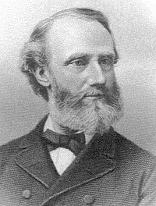 William James Potter (February 1, 1829-December 21, 1893), born in Dartmouth, Massachusetts, was a Unitarian minister, a founder, Secretary and President of the Free Religious Association, and President and later Editor of The Index. For more than forty years Potter was perhaps the leading public citizen of New Bedford, Massachusetts.…
William James Potter (February 1, 1829-December 21, 1893), born in Dartmouth, Massachusetts, was a Unitarian minister, a founder, Secretary and President of the Free Religious Association, and President and later Editor of The Index. For more than forty years Potter was perhaps the leading public citizen of New Bedford, Massachusetts.…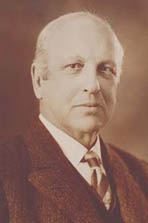 Samuel Atkins Eliot II (August 24, 1862-October 15, 1950) was the first president of the American Unitarian Association (AUA) to be given executive power; he held this office from 1900 to 1927. In 1925 the two major American Unitarian organizations, the AUA and the National Conference of Churches (NCC), were merged under his leadership.…
Samuel Atkins Eliot II (August 24, 1862-October 15, 1950) was the first president of the American Unitarian Association (AUA) to be given executive power; he held this office from 1900 to 1927. In 1925 the two major American Unitarian organizations, the AUA and the National Conference of Churches (NCC), were merged under his leadership.…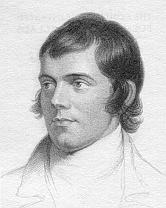 Robert Burns (January 25, 1759-July 21, 1796) is the national poet of Scotland. Since they were first published, his poetry and songs have never been out of fashion. Translations have made him a classic in other languages. In households where books have been few, an edition of Burns’s poetry has often stood on a shelf with the Bible. …
Robert Burns (January 25, 1759-July 21, 1796) is the national poet of Scotland. Since they were first published, his poetry and songs have never been out of fashion. Translations have made him a classic in other languages. In households where books have been few, an edition of Burns’s poetry has often stood on a shelf with the Bible. …
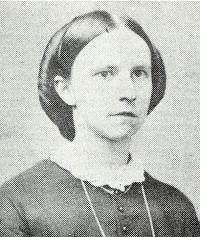 Olympia Brown (January 5, 1835-October 23, 1926) dedicated her life to opening doors for women. Among only a handful of women to graduate from college, she received her Bachelor of Arts degree from Antioch in 1860 and three years later became the first woman graduate of a regularly established theological school:
Olympia Brown (January 5, 1835-October 23, 1926) dedicated her life to opening doors for women. Among only a handful of women to graduate from college, she received her Bachelor of Arts degree from Antioch in 1860 and three years later became the first woman graduate of a regularly established theological school: 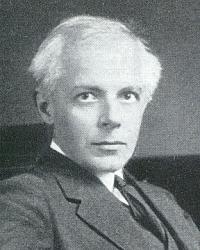
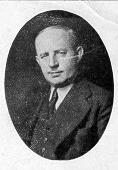
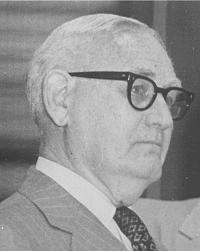
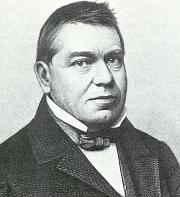 Thomas Whittemore (January 1, 1800-March 21, 1861) was the most influential Universalist editor of the nineteenth century. The Trumpet and Universalist Magazine, which he established in 1828 as a successor to Hosea Ballou’s Universalist Magazine, was the leading newspaper of the movement for more than thirty years.…
Thomas Whittemore (January 1, 1800-March 21, 1861) was the most influential Universalist editor of the nineteenth century. The Trumpet and Universalist Magazine, which he established in 1828 as a successor to Hosea Ballou’s Universalist Magazine, was the leading newspaper of the movement for more than thirty years.…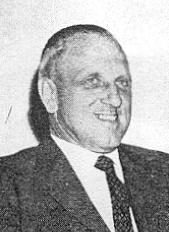 Max Adolph Kapp (February 1, 1904-January 1979), was a minister, theological school professor and dean, and a denominational official. He played a significant role in the education of seminarians and the revitalization of the Universalist Church of America during the period leading up to its consolidation with the American Unitarian Association.…
Max Adolph Kapp (February 1, 1904-January 1979), was a minister, theological school professor and dean, and a denominational official. He played a significant role in the education of seminarians and the revitalization of the Universalist Church of America during the period leading up to its consolidation with the American Unitarian Association.…